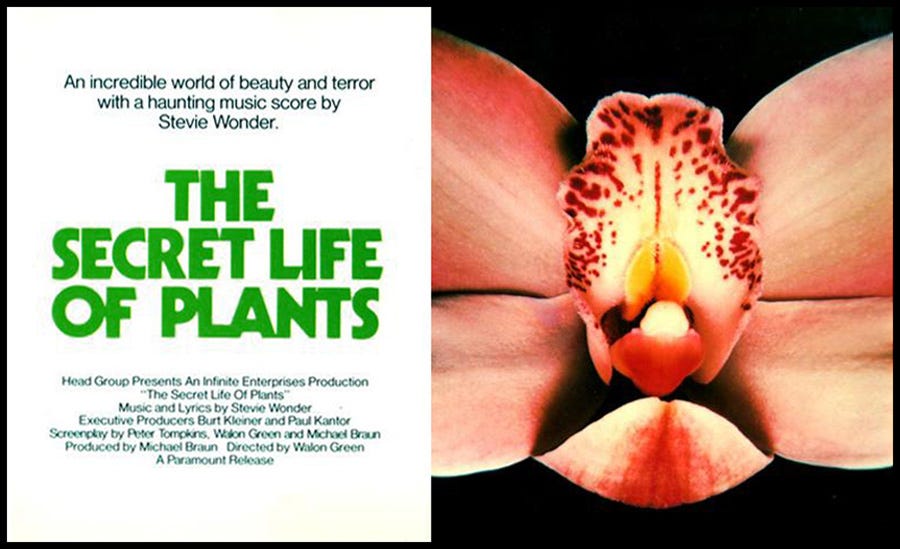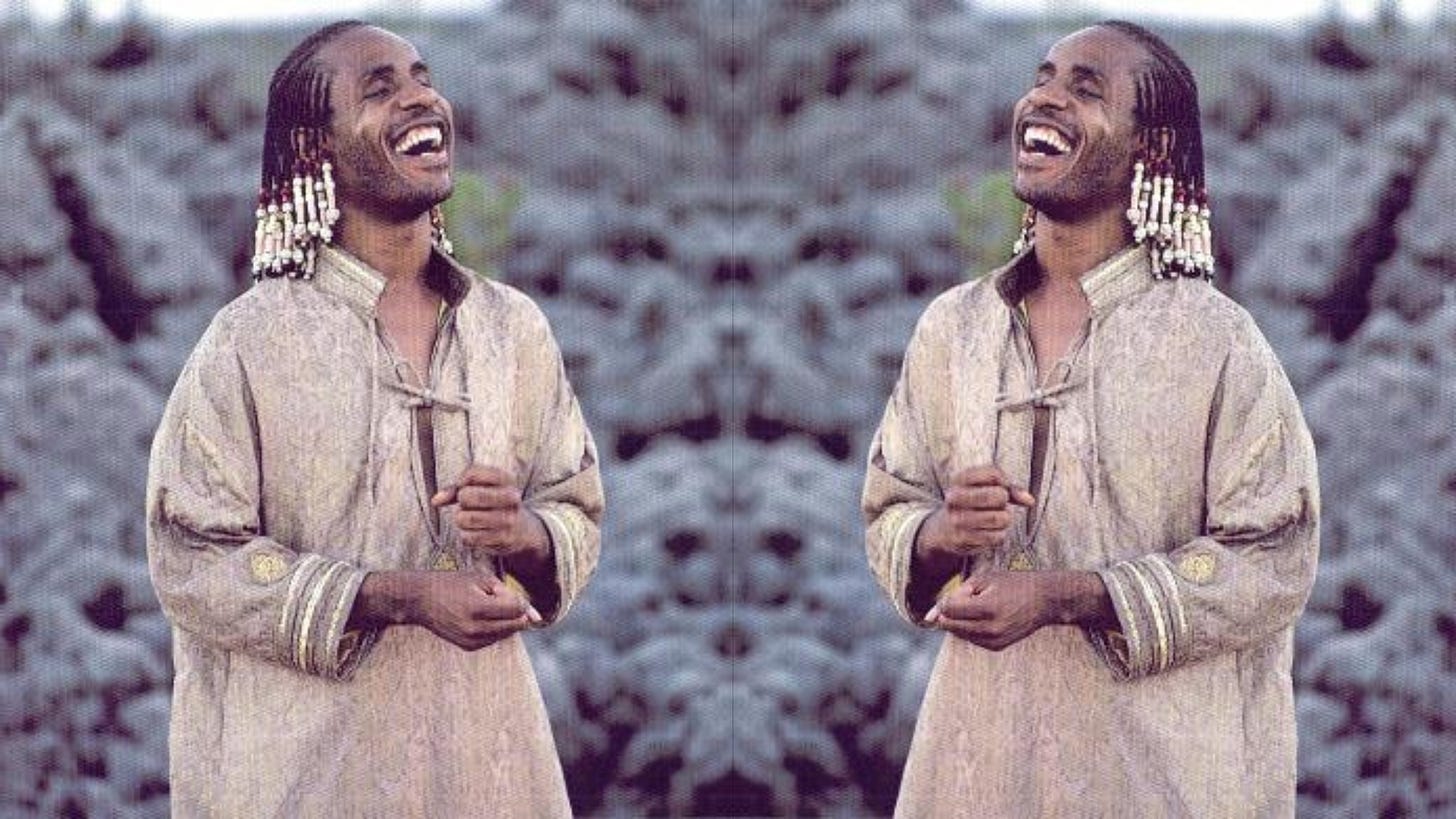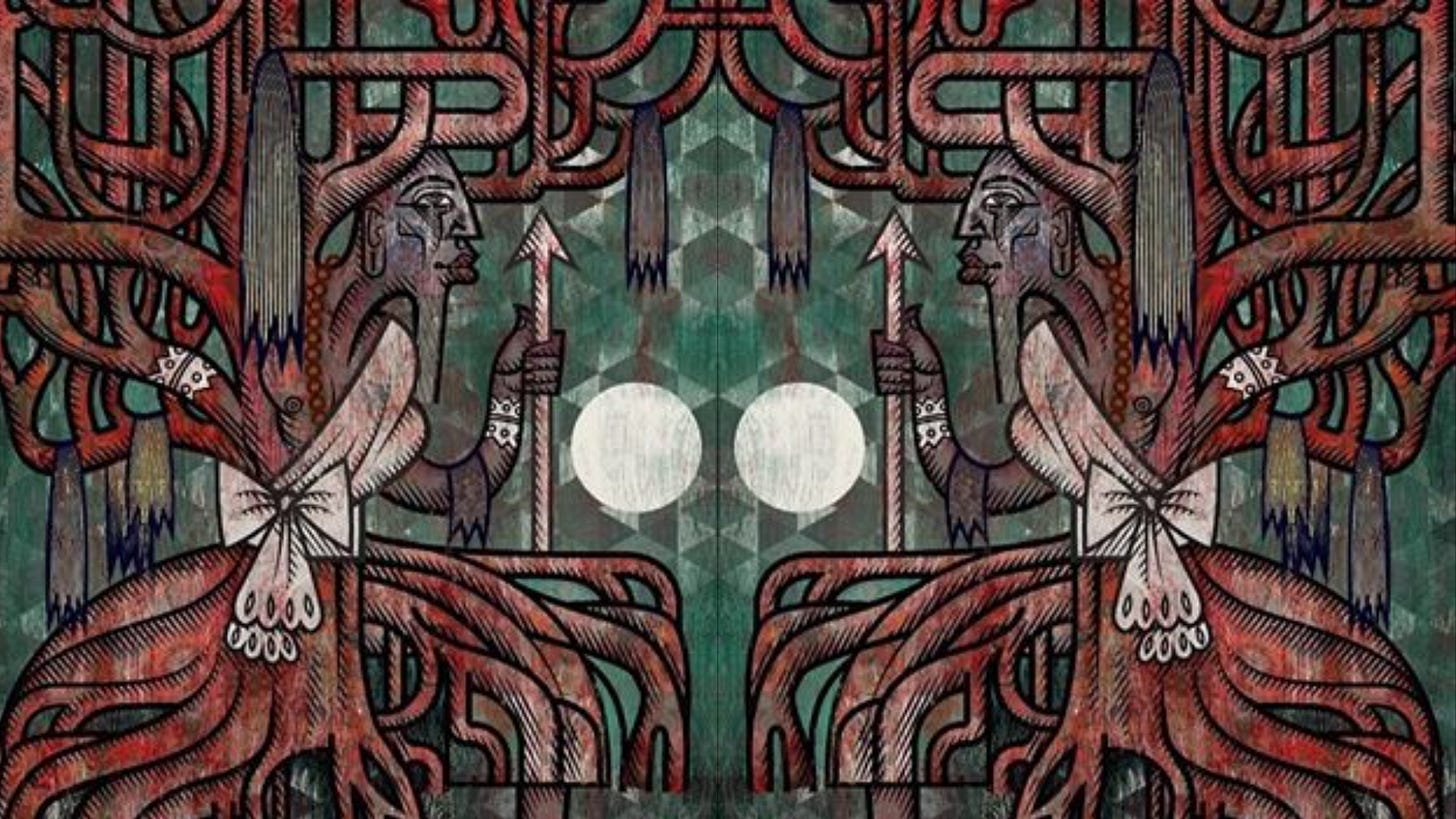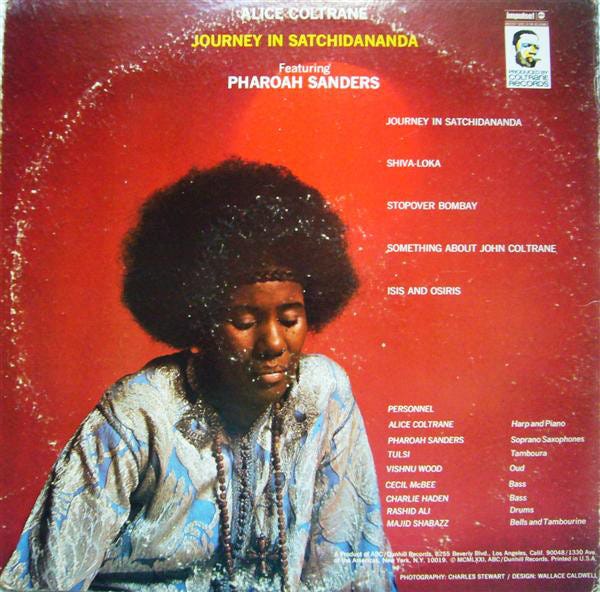Field Notes: The Secret Life of Plants
On Ancestral Knowledge, Plant Intelligence, and Kinship with the Natural World
The sun is slipping away again.
Melting down behind the trees,
disappearing to wherever it hides
when the world turns dark.
I’m on my back porch, letting the last of the light settle on my skin. Stevie Wonder’s Journey Through the Secret Life of Plants is playing softly from a small speaker beside me.
This album always does something to the space around me.
I close my eyes, and I’m no longer just in my backyard.
I’m inside something bigger, stranger.
My plants fold in around me.
Calendula dancing in the evening breeze.
The peppers hanging heavier, pulling on their stems.
I return to this album often. The lush, odd, dreamy synths are soothing. When I listen, I don’t just hear music, I hear a Black man in deep dialogue with the living world, translating the intelligence of plants.
Plants are not passive.
They move. They respond. They make choices.
Underground, they send messages through root networks.
Above ground, they release scent to attract, warn, and connect.
There’s so much happening beneath the surface.
Whole lives unfolding in ways we’ll never fully understand.
And still, we’re shaped by their generosity.
The idea that plants carry spirit and memory is woven into African cosmologies. Across the continent and throughout the diaspora, plants have never been seen as just resources to be used. They are living presences. Beings with agency and rich inner worlds. They are elders. Guides. Teachers. Protectors.
Plants are ancestors who offer knowledge, protection and healing.
In Yoruba belief, certain trees, like the Iroko or Baobab, are not just sacred, they are alive with spirit. They serve as homes for Orisha, ancestral energies, and forest deities. To approach such a tree without reverence is considered both disrespectful and dangerous. Not because the tree is threatening, but because it is part of a delicate ecosystem of energy and responsibility.
Balance is everything.
Harmony between human beings, the natural world, and the spirit realm is not optional. When you interact with a sacred plant, you are entering into relationship. That relationship requires offerings, prayer, and humility. Not out of fear, but out of respect. Because plants give. They offer medicine, beauty, and spiritual shelter. In return, we give acknowledgment, care, and gratitude.
We live in a world that demands productivity and profit from plants.
How much can it yield?
How fast it can grow?
How much money can it squeeze out?
The modern language of sustainability often mirrors the logic of extraction—asking how can we sustain the systems, instead of how can we encourage relationship.
Black ecological traditions offer a deeper way, rooted in reverence.
Radical Black ecology is not a romantic return to nature, but a political, spiritual, and ancestral act of reclaiming space.
When we talk about sustainability in Black traditions, it’s never just about the environment. It’s about community. Place. Memory. Spirit.
It’s a constant refusal of the idea that nature exists for our consumption. We recognize that we are part of the living world, not above it.
Tonight, with Stevie’s voice floating through the dusk, I’m listening to a Black artist reaching through time, inviting me into relationship with the plants that surround me. Not for extraction, but for kinship.
Up Next: Journey in Satchidananda (Live)
By Alice Coltrane
If Journey Through the Secret Life of Plants moved you, you might find something equally sacred in Journey in Satchidananda (Live) by Alice Coltrane. A sonic meditation that blends harp, modal jazz, and Indian blues to create a space that feels cosmic. Like Stevie, Alice Coltrane offers a bridge between worlds. Let it wash over you and carry you someplace soft and otherworldly.
Listen to Journey In Satchidananda (Live)







This was such a good and proper read. I love Journey in Satchidananda too. 🙏🏾🌺🎶
one of my favorite records. I float off into a really beautiful knowing, about myself, my plant babes, music, the world.... whenever I play it. it's a journey